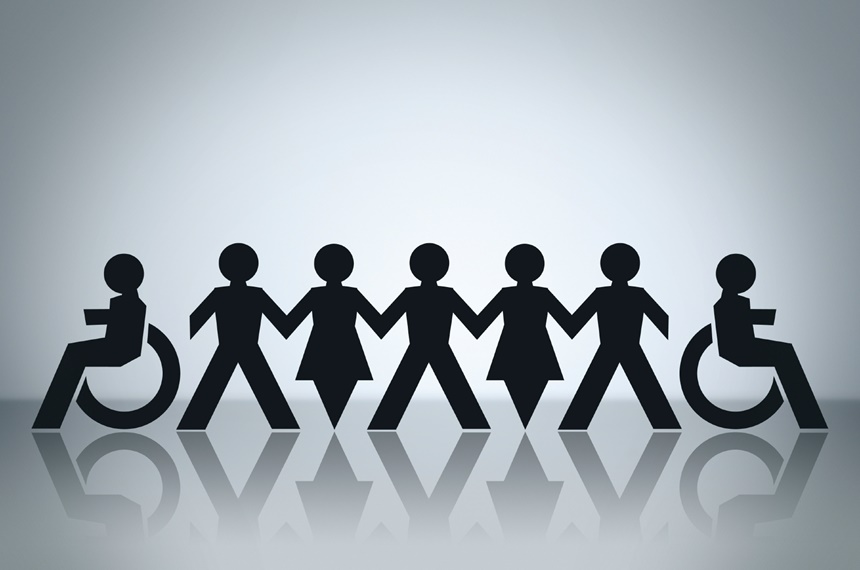
CSR and employment of persons with disabilities
Existing data shows that one in six EU citizens between 16 and 64 years has a long-standing health problem or disability, as well as the fact that one third of these people will not have any restrictions on the ability to work. Persons with disabilities constitute a significant part of the population; therefore their social and economic integration is essential for the creation of an inclusive society and for economic success. But data shows that people with disabilities face significant barriers.
At EU level, 57% of persons with disabilities aged between 20 and 64 years participate in the labour market (whether they are employed or unemployed but actively looking for work), compared with 80% of people without disabilities. At EU level, about 47% of people with disabilities are employed, compared to 72% of people without disabilities.
The unemployment rate of persons with disabilities is higher compared with persons without disabilities. In addition, 19% of young people with special needs leave school early, which is more than young people without special needs.
Similarly, people with disabilities are excluded as consumers. Most companies don’t take into account the needs of persons with disabilities when designing their products. As a result, on one hand, the companies miss sales opportunities; on the other hand, people with disabilities cannot exercise their rights as consumers.
The labour market is an important area of society. Discrimination in the labour market has serious consequences for job seekers. For most people, work is the only way to generate revenue and economic independence. Exclusion from employment or employment in jobs below their qualifications as a result of discrimination impedes social and economic integration.
Creating an inclusive work environment is an important part of social responsibility, which includes respect for human rights. Today's workforce is diverse and companies must adapt to this. For starters, inclusive company that is open to differences can easier expand its pool of potential employees. Trained workforce is the cornerstone of innovation, and when employers (often unconsciously) choose candidates according to criteria such as age, gender, ethnicity, religion, disability or appearance, they can miss out on a number of qualified candidates.
Diversity management means that businesses see through the stereotypes and prejudices and overcome misconceptions to recruit the best candidates.
Active management of diversity in business means an open, inclusive, creative organizational culture that respects the uniqueness of anyone and exploits potentials of its employees and represents an opportunity for new markets, new employees, new customers and new users of services and products.
Source: Diversity within small and medium-sized enterprises: best practices and approaches for moving ahead, EUROPEAN COMMISSION, Directorate-General for Justice and Consumers, 2015
Author: Petra Hartman (Ekvilib Institute)

Follow us on